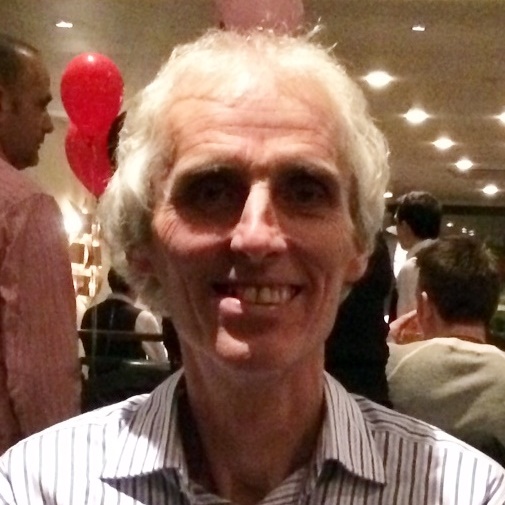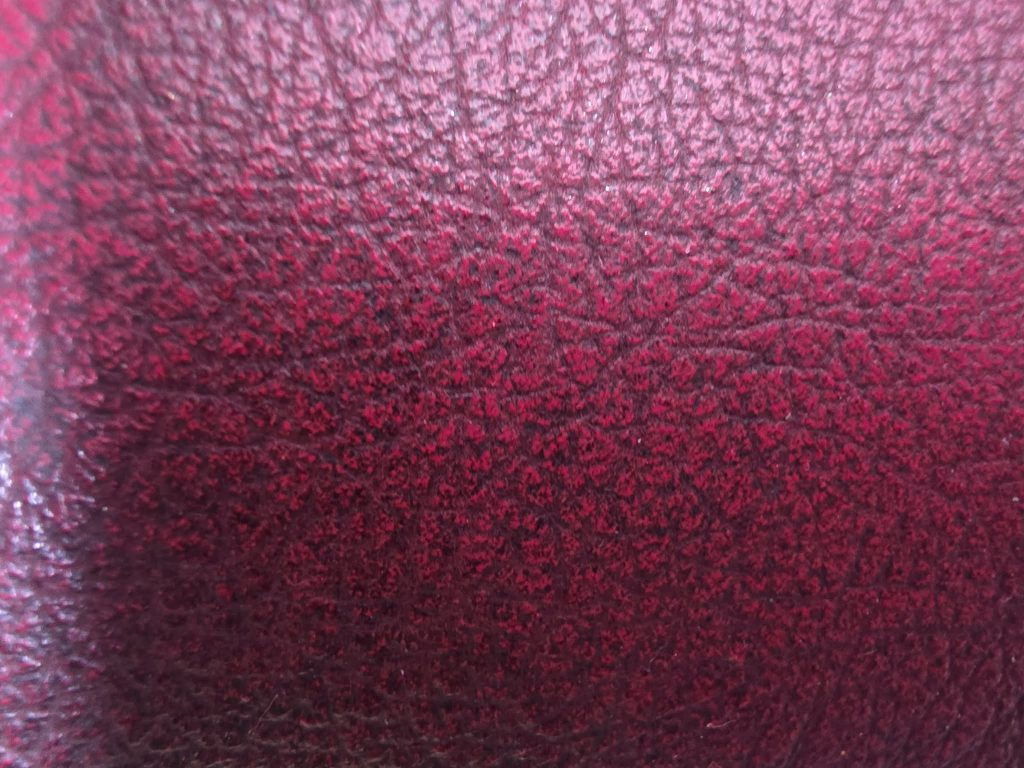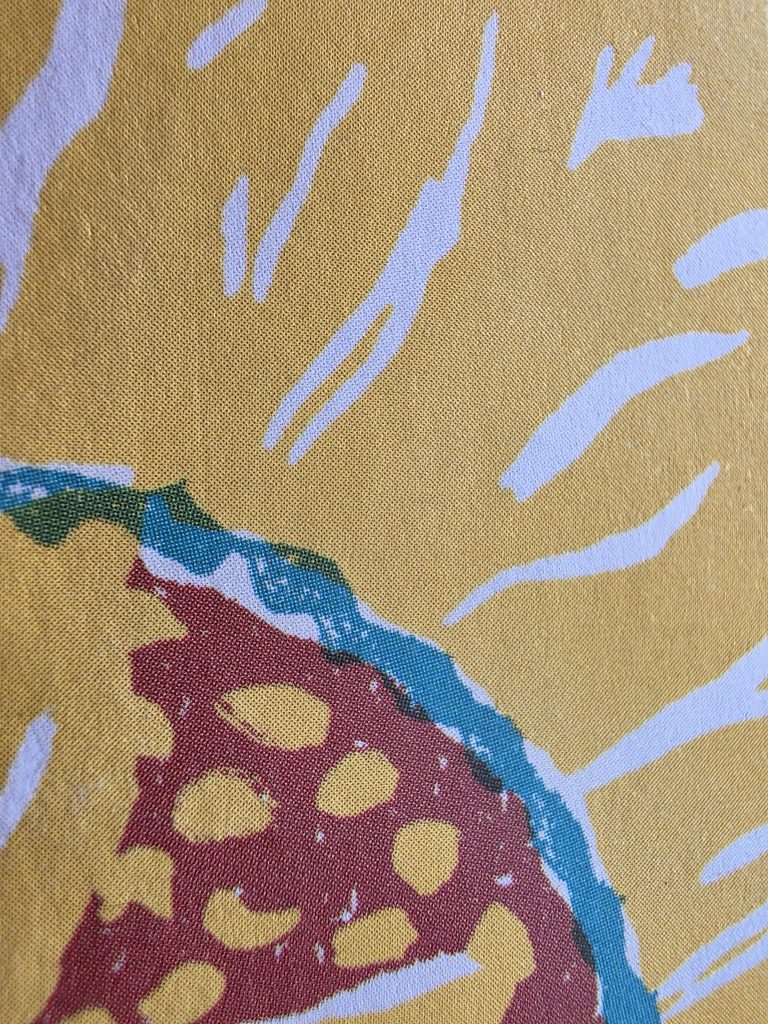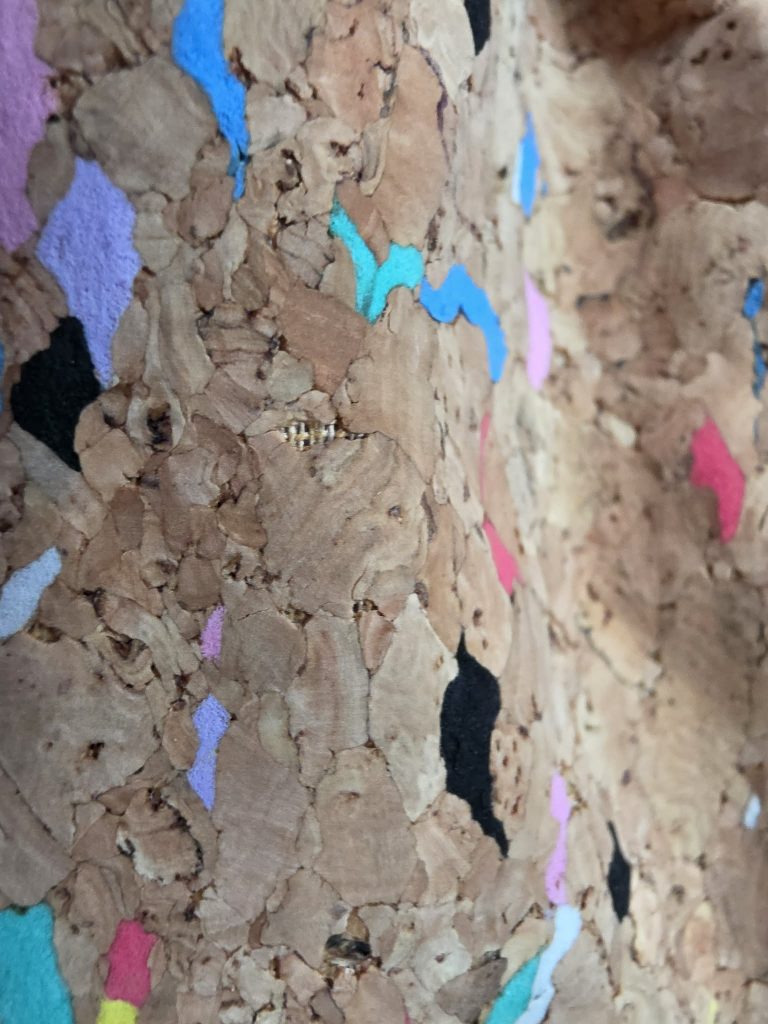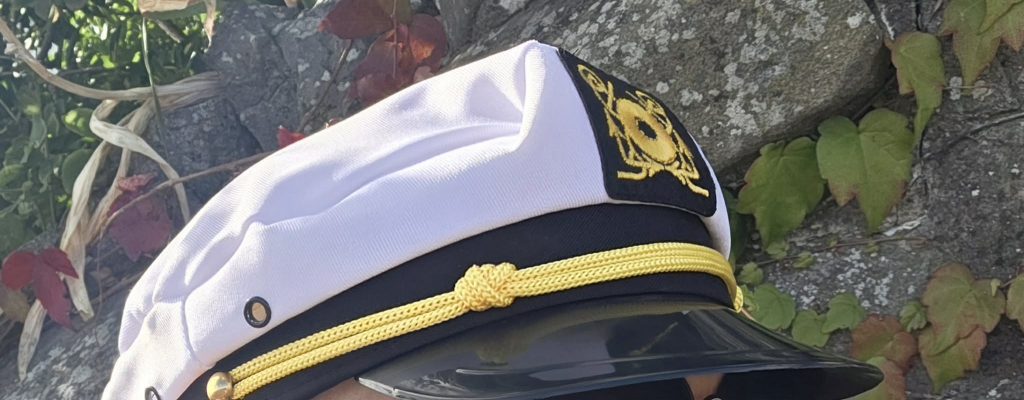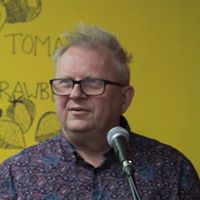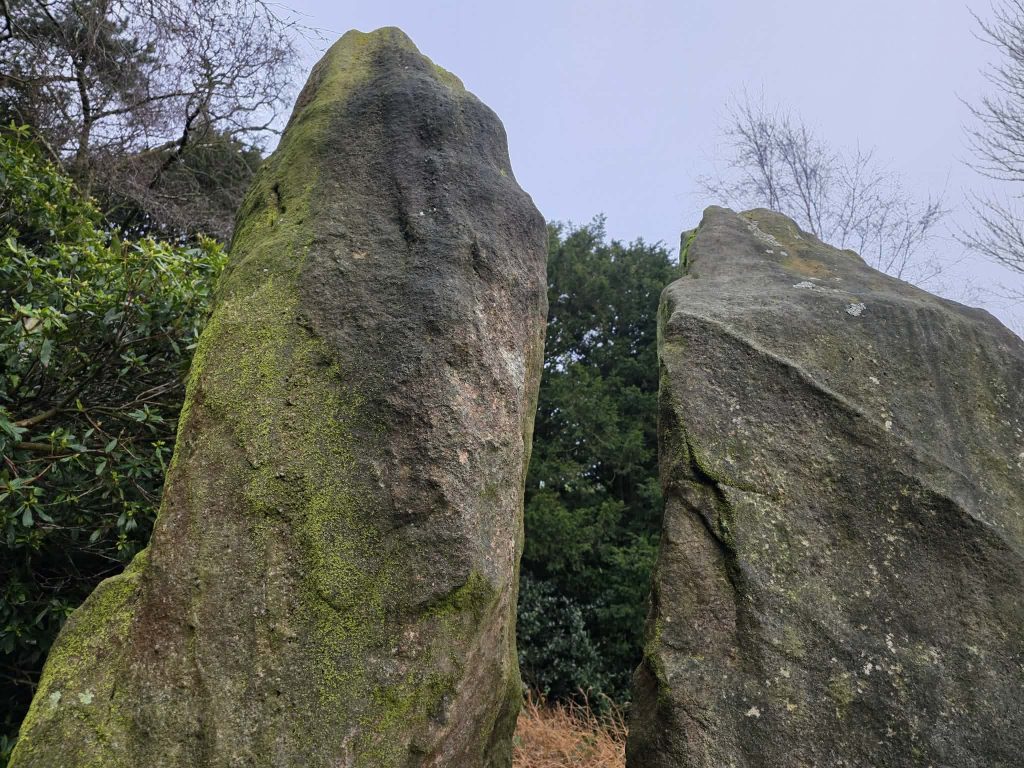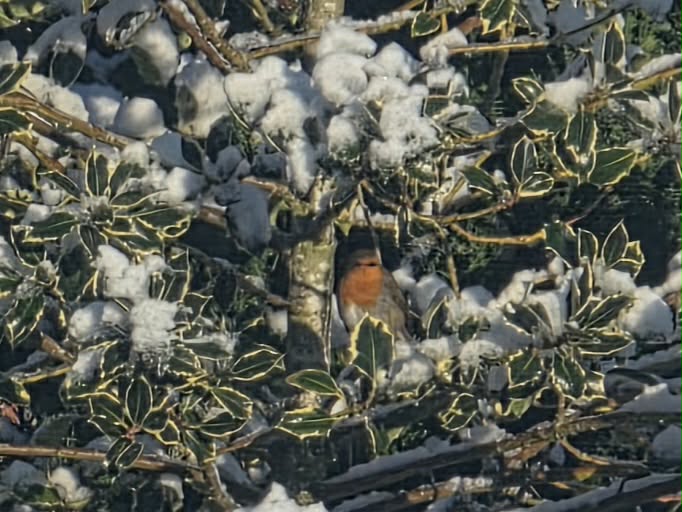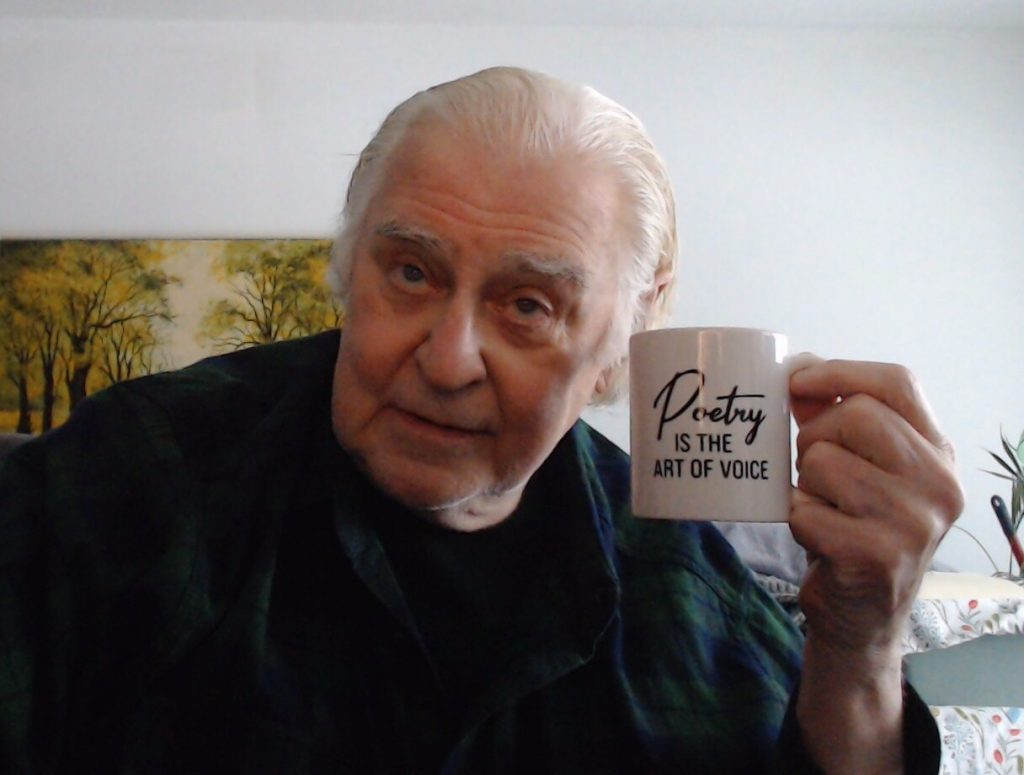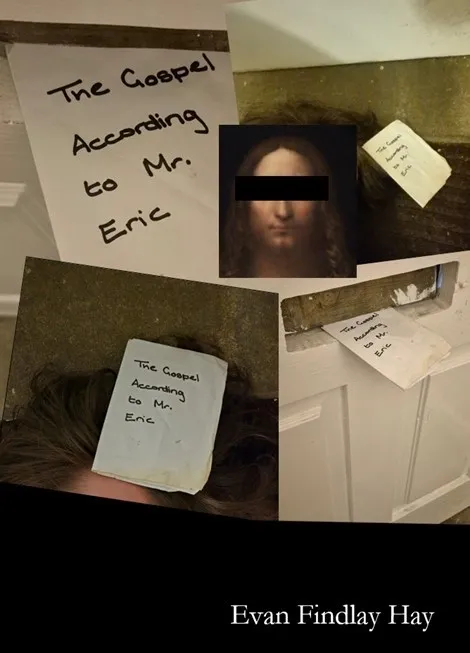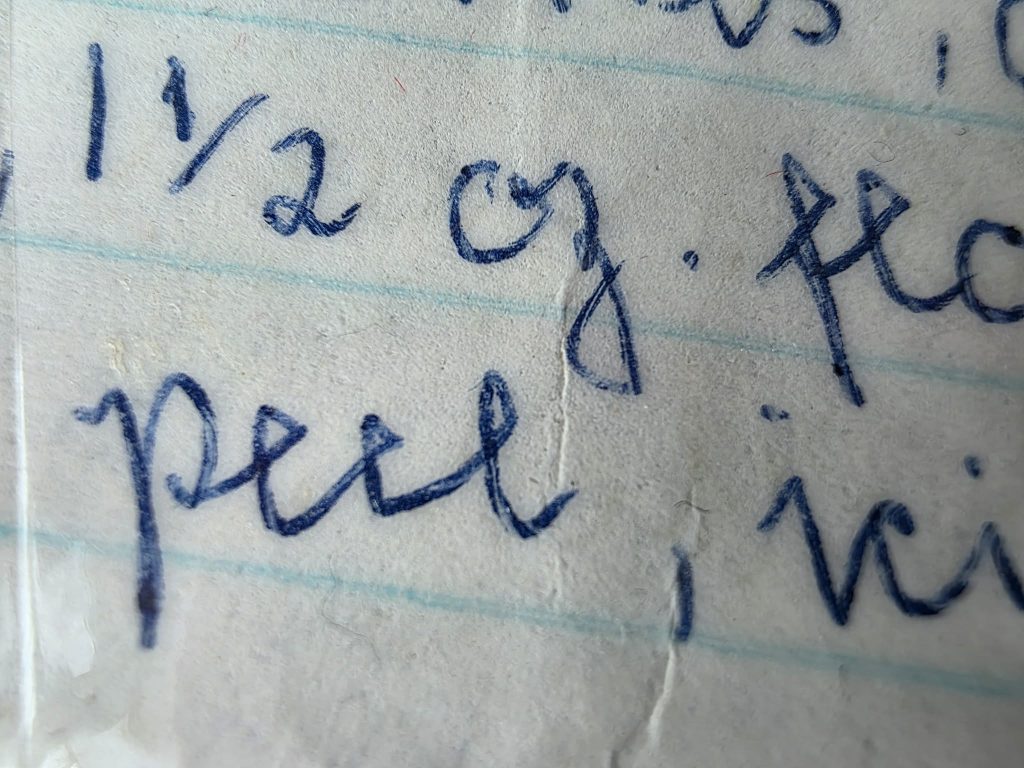
“Hey, Steve!” Brad hailed him from halfway down the steps of the college library. “Man, you look hacked off. Sharon still holding out on you?”
That was what Brad would inevitably think of. “No, nothing like that. But damn right I’m hacked off. Wahlgren’s latest assignment, I just can’t seem to get a handle on it. Why do we have to study all this historical garbage, anyway?”
Brad adjusted his glasses, as if to see Steve better. “Guess you need to know how political institutions developed in the past before you can understand modern ones.”
“Yeah, maybe. But this French Revolution stuff! Even they’ve moved on from there. They stopped guillotining people years ago, and this Macron character seems a pretty smooth operator.”
“Maybe we haven’t anything to learn from the French. Then again, maybe we have.”
Damn Brad, always sitting on the fence. “How are you making out with this?”
“Slow, but it’s coming along. And it’s worth a lot of marks, so I need to give it my best shot. Hey, tell you what, as a friend.” Brad held out a notebook. “Here’s a good reference, it’s in there –” he indicated over his shoulder “– up on the third floor. From 1965, but it’ll give you a start.”
Steve copied the reference down. “How d’you find this?”
“From Dismal Denise, no less.”
“Didn’t know you were such buddies.”
“Nah, heard her talking to Katrina and Elle about how she’s nearly pulled the assignment together. She’s got smarts, even if she is the shape of a basketball.”
Steve laughed and shoulder-punched Brad. “Well, thanks, man. Do the same for you, one of these days.”
Brad was right, this was a key assignment, an overview of European political systems between 1775 and 1850. And with a lot more Ds and Cs than As and Bs, he couldn’t afford to screw this one up. No time like the present. He climbed the library steps, took the elevator to the third floor.
#
After an hour and a half, he was mainly aware of the depth of his ignorance. Luckily, the author had avoided quoting sources in foreign languages, but it was still hard going. He needed some more ideas. Brad might help, but he was no smarter than him, just a tad more conscientious. His class paper wouldn’t shake the Earth either. He had to find something better.
Recalling Dismal Denise Durocher’s name brought her image into his mind. Brad’s comment was a tad unfair, even though – short, plump and owlish behind thick spectacles – she wasn’t anyone’s idea of a sex symbol.
So she’d almost completed the assignment. He knew it would be good; she was one of the two top students on the course. But why on earth would she want to help him when he’d scarcely given her the time of day?
Desperate situations called for desperate remedies, though. That evening, he spruced himself up and hit the student hangouts.
At the third one, he found her sitting on the edge of a group, a glass of Coke before her, smiling nervously at the general joshing that passed for conversation. He took a seat near her¸ nodded and smiled. She smiled back, and he slid to within easy talking distance.
The obvious topic of conversation was their course, and their talk flowed smoothly. She was smart and well-informed, and what she had to say was surprisingly interesting. Maybe she was making an effort; she wouldn’t often get the chance to spend time with one of the jocks. They turned away from the group, forming a tête-à-tête.
Their conversation shifted toward the personal, and he became aware of her eyes, vibrant blue behind her lenses, focused tightly on his. Her hair, dusky blonde – previously, he’d have called it mousy – shone palely under the subdued lighting. Her teeth when she smiled, and she smiled often, were even and pristine white, her lips full and pink. Her shape – how did the word voluptuous spring into his mind? Surreptitiously, he checked his phone, astonished to find it was after ten-thirty.
“I’d better be going, Steve,” she said. “You know what tomorrow’s schedule’s like.”
His mouth turned down in disappointment, and she noticed. “But –” she hesitated, casting her eyes down “– if you like, you could walk me back to the dorm.”
When they were out of view of the others, he took her hand. She moved close, and he put his arm around her waist. The outcome of the evening was certain, and his groin tingled at the thought of sex with Desirable Denise.
Her room, clean and tidy except for the litter of books and papers on her desk, was as anonymous as any other on campus. She drew the shades, turned and stepped toward him. He bent his head, and their mouths met in a full kiss.
Then their hands were everywhere, releasing buttons and zips and hooks until they stood naked. Tentatively, she touched his erection, drawing in a sharp breath. “Oh, you’re so big! Please be gentle.”
It probably wasn’t her first time, because she didn’t cry out with pain when he entered her. Wide-eyed and smiling beneath him, she was beautiful, and he cursed himself for not noticing that earlier. All too soon his passion surged and overflowed, and he collapsed panting across her generous body.
“Oh, my God!” she breathed. “That was great. How was it for you?”
“Awesome.” He’d never spoken a truer word.
They lay in silence. Presently her breathing became soft and regular, a slight trill signaling that she’d fallen asleep.
Her papers are on her desk. Among them, no doubt, was the class paper she’d nearly finished. If he was quick and quiet…
Moving cautiously in the near-darkness, he located a sheaf of typescript. He carried it and his cellphone to the bathroom cubicle. The first words he read told him he’d picked the right thing.
Photographing the sheets was the work of less than a minute, and not even a click of the shutter to disturb her. He re-stacked the pages and returned them to her desk.
Denise stirred, murmuring “Steve?”, her voice clogged with sleep. He turned to her, and she stretched out her arms, lacing them around his neck as he bent over her. The sight of her ripe breasts spilling from the covers did the rest.
“I’d better go now,” he said afterward. Her moue of disappointment made him add, “I’ll see you after classes tomorrow.” That would give him time to invent an excuse. Brad and the other guys would rib him mercilessly if they found out he was dating D.D.
#
Which excuse he duly gave, pangs of conscience stinging him as he lied to the trusting girl he’d seduced under false pretenses. Her face crumpled, her “Oh!” of dismay cut short by a sob. She turned away abruptly and hurried off, head down. Crimson-faced at his duplicity, he fled the scene too.
In his room, he checked the images on his phone. Exactly what he wanted: clear, concise with some nice turns of phrase. Written from a French perspective, but old Wahlgren would like that. He’d need to alter it a little: change the sequence, simplify the language, rewrite the opening and conclusion, maybe introduce a few grammatical errors. He pulled his laptop close and set about transcribing.
The work involved in revising the paper brought home to him what he’d had to have done to write a decent one from scratch. Was he really cut out for this course? But any other major would be at least as hard going. He submitted his work a day before the deadline, confident he’d get a B; an A was wishful thinking.
#
A week later, a message popped up on his phone; the Dean of Faculty wished to see him. Probably a routine matter, though it seemed no one else in his class had been called.
He found not only the Dean, but Dr. Wahlgren, and a woman he didn’t know. She wasn’t introduced to him.
The Dean led off. “Mr. Canfield, you’re probably wondering why I called you here. Dr. Wahlgren will explain.”
Wahlgren cleared his throat, spoke in his familiar reedy voice. “I read your recent class paper with interest, Mr. Canfield. I certainly wasn’t aware you were so fluent in French.”
“Ah…” He couldn’t think of anything to say. What the hell was Wahlgren talking about?
“Oh, please don’t insult our intelligence by pretending surprise. Your paper is at least seventy-five percent plagiarized from a standard French text on the subject. The language is difficult, as French academic work often is. So I give you credit for linguistic skills, if not for originality, or honesty.” His voice became severe, “However, we’re not here to exchange pleasantries. No doubt the Dean has something to add.”
The Dean’s sonorous tones pronounced sentence. “Plagiarism is, as you know, one of the worst academic crimes. In plain terms, it is theft of ideas. Yours is among the most blatant cases imaginable. When Dr. Wahlgren reported the matter, I felt obliged to inform the Board of Regents, who will meet later this afternoon to decide whether you should be permitted to continue studying at this institution. I personally think it very unlikely that you will. Have you anything to say in your defense?”
“N-no, sir,” he croaked.
“In that case, you may go.”
#
He stumbled out, almost tripping on the carpet. A maelstrom of disconnected thoughts swirled through his mind as he threaded his way across campus, gradually settling into one question; how had Dismal Denise expected to get away with copying her paper from a French textbook?
Brad intercepted him as he crossed the lawn in front of the cafeteria. “Bad luck, Steve. See you scored an F. I scraped a C. Only one A, and guess who? Starts with ‘D’.”
He didn’t want to hear this. But what was going on, for Christ’s sake? How come Wahlgren didn’t pick her work as plagiarism too?
He took refuge in the library, in a corner he hoped would be unfrequented. But after a while, the student he least wanted to see appeared. He might have guessed she’d still be studying at this hour.
He made an effort to be polite. “H-hi, Denise. Congratulations on your A.”
Her clear blue eyes penetrated him like laser beams; her tone of voice bore six inches of frost. “Thank you. It helps if you do the work yourself.”
“Er…”
“The grapevine here is very efficient, especially for juicy morsels like a student plagiarizing a major assignment. Then, it didn’t take much to work out how you got hold of my notes on that chapter of Maillot’s book. I read French pretty well, so it’s easy for me to type up what I wanted as I translate. My real paper was on my PC. And you were unlucky that Wahlgren knows French, too.”
She allowed her face to display a trace of a smile. “If you’d asked me in good faith, I would have helped you, but instead you decided to play a trick – no, two tricks – on me. Not very clever ones, though. I suppose I should be angry, but I just had to laugh when I heard.”
She shifted the book she carried to her other hand. “Goodbye, Steven. I don’t expect I’ll be seeing you around here again.”

Chris Morey was born at Cowes, Isle of Wight, England and educated at University College London. He has done a wide range of jobs and community projects. He’s widely-travelled, and enjoys performance art and reading. He has been writing creatively since 2015.
